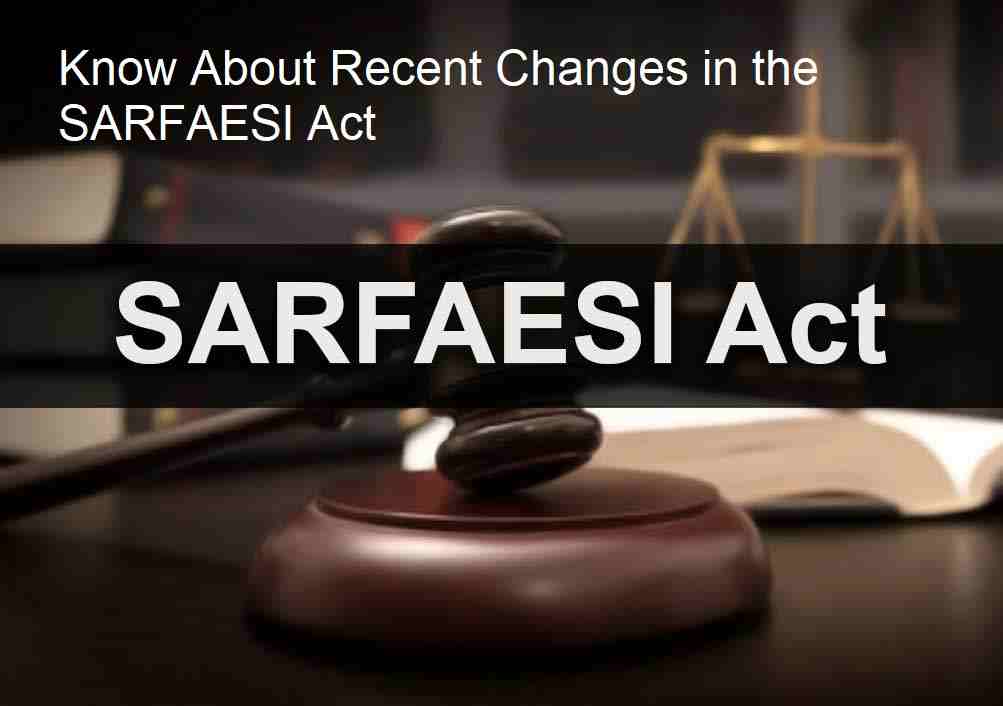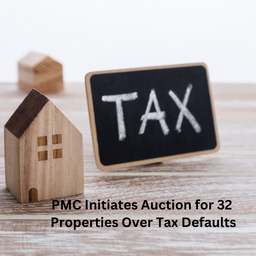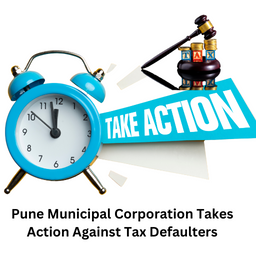Imagine a courtroom within the SARFAESI Act, 2002 where those stung by the Reserve Bank's financial penalties (under Section 30A) can plead their case. Section 30C sets the stage for this, defining the "Appellate Authority," essentially the judge in this financial dispute.
Here's how it works:
- The Bank picks the judge: The Central Board of the Reserve Bank handpicks an "officer or committee of officers" to wear the Appellate Authority hat. Think of them as financial experts with the power to review penalty decisions.
- A fair hearing for all: Before making a ruling, the Authority gives the "person in default" (anyone hit with a penalty, including ARCs and individuals) a chance to be heard. It's like having your say in court before the judge delivers the verdict.
- The power to pause the penalty punch: The Authority isn't just a rubber stamp. It can halt the enforcement of the original penalty issued by the Bank under Section 30A. Think of it as hitting the pause button while they review the case. But this power comes with strings attached – they can set specific conditions that the debtor must meet to keep the penalty on hold.
- Consequences for defying the pause: If the debtor disobeys the conditions set by the Authority for pausing the penalty, their appeal can be thrown out. No room for playing games with the financial court!
This section ensures:
- A chance for redressal: Debtors aren't left at the mercy of the Bank's initial decision. They have a platform to challenge the penalty and potentially get a more favorable outcome.
- Accountability for the Bank: Knowing their decisions can be appealed keeps the Bank on its toes, encouraging them to apply penalties fairly and consistently.
- Stability within the system: A well-defined appeals process fosters trust and cooperation between debtors and the Bank, ultimately smoothening the debt recovery process.
In essence, Section 30C creates a crucial check and balance within the SARFAESI Act. It empowers debtors to seek recourse against unfair penalties while reminding the Bank that their financial rulings are not immune to challenge. This ensures a fairer and more balanced system for all involved in the intricate world of debt recovery



